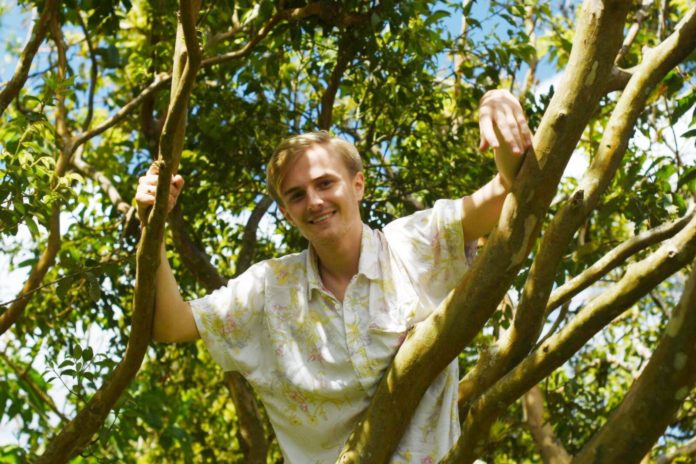John Evanishyn
Guest Writer
The only unsettling part thus far in my study abroad in Costa Rica is the absence of conflict. As an American, riddled with anger over environmental injustices and governmental corruption, I feel a bit conflict-starved here.
Costa Rica is like some near perfect person who scares you with how little you can find to dislike about them.
Upon a class trip to the Costa Rican island of Chira, I was certain I had found some dirt on the country. On the island we stayed in cabins owned by two ladies, Lili and Dora, Las Damas, as they called themselves. In a lecture, Lili gave us an oral history of the island. Chira was traditionally a machismo (male-dominated) society. The men fished and left all other tasks up to the women. As the women cleaned their homes, cooked, and raised and educated the children, the men fished with no regard for the possibility of fishing too much.
At this point in Lili’s story, I was certain I had proof Costa Rica wasn’t the perfect country it appeared to be. But the story went on.
Ten of the island’s women, unhappy with their society’s structure, formed a women’s association. They did this only after the men had nearly emptied the bay of all its fish, leading to mass job loss, and resortment to alcoholism and some cases of domestic abuse.
The ten women who were unafraid to stand against the machismo society decided it wasn’t worth their effort to change the minds of men. Instead, they focused on themselves. Their first order of business: build a boat. With government funding and technical support, the women built their own boat to use in getting to the mainland for better women’s health care.
Second order of business: form a fire brigade. Fires were a common occurrence on Chira. In fact, fires were as common as the number of islanders who chose to burn trash on windy days. Any time a fire sparked, the men would let it burn the island’s pastures and forest. The men, as self-proclaimed fishermen, refused to be firemen. So in response, the island was gifted with firewomen.
Next on the agenda: self-actualization. Dora and Lili both had dreams of running a restaurant and lodging facility. By hand, the women’s association built the cabins we stayed in and the kitchen we sat in as Lili told her story.
In their drive to break from the oppressing society, the women’s association changed minds. Now, in 2020, men see themselves as more than just fishermen. Some are painters, others are tour guides, or bakers. Many of the island’s men are now working to protect and restore the fish populations of the bay, and Lili is the island’s representative in government.
Certainly somewhere in this country there are conflicts and injustices, but most that I’ve learned about while being here show that Costa Ricans are willing to change for the better. Which is clearly seen with the country’s electricity being 98% renewable.



















